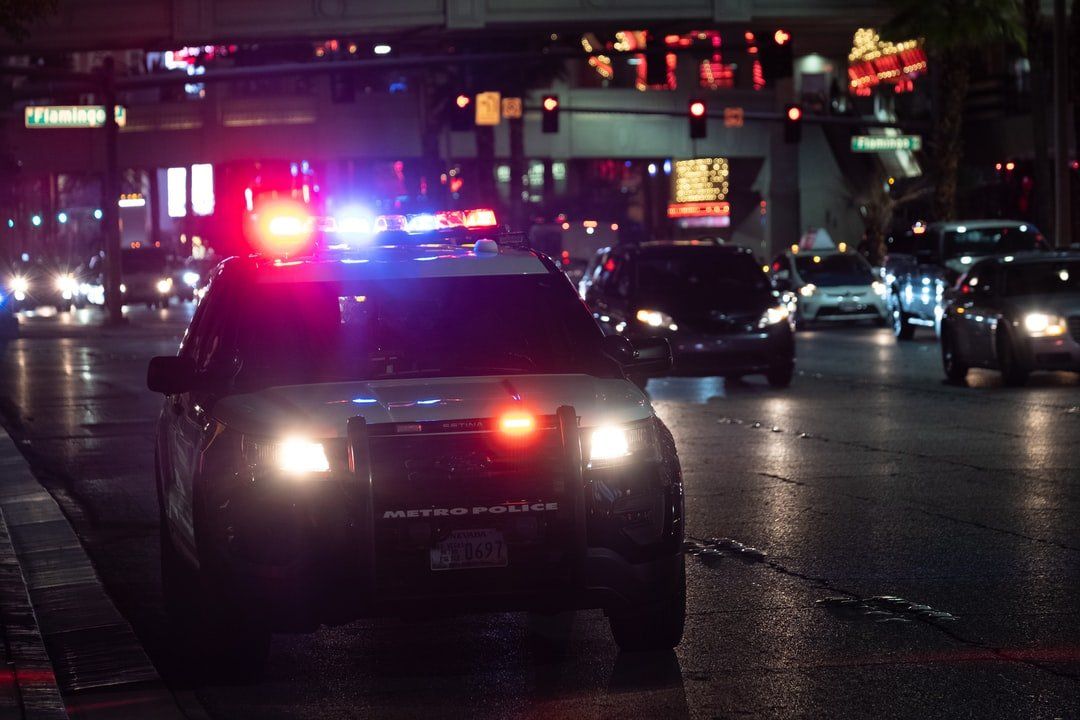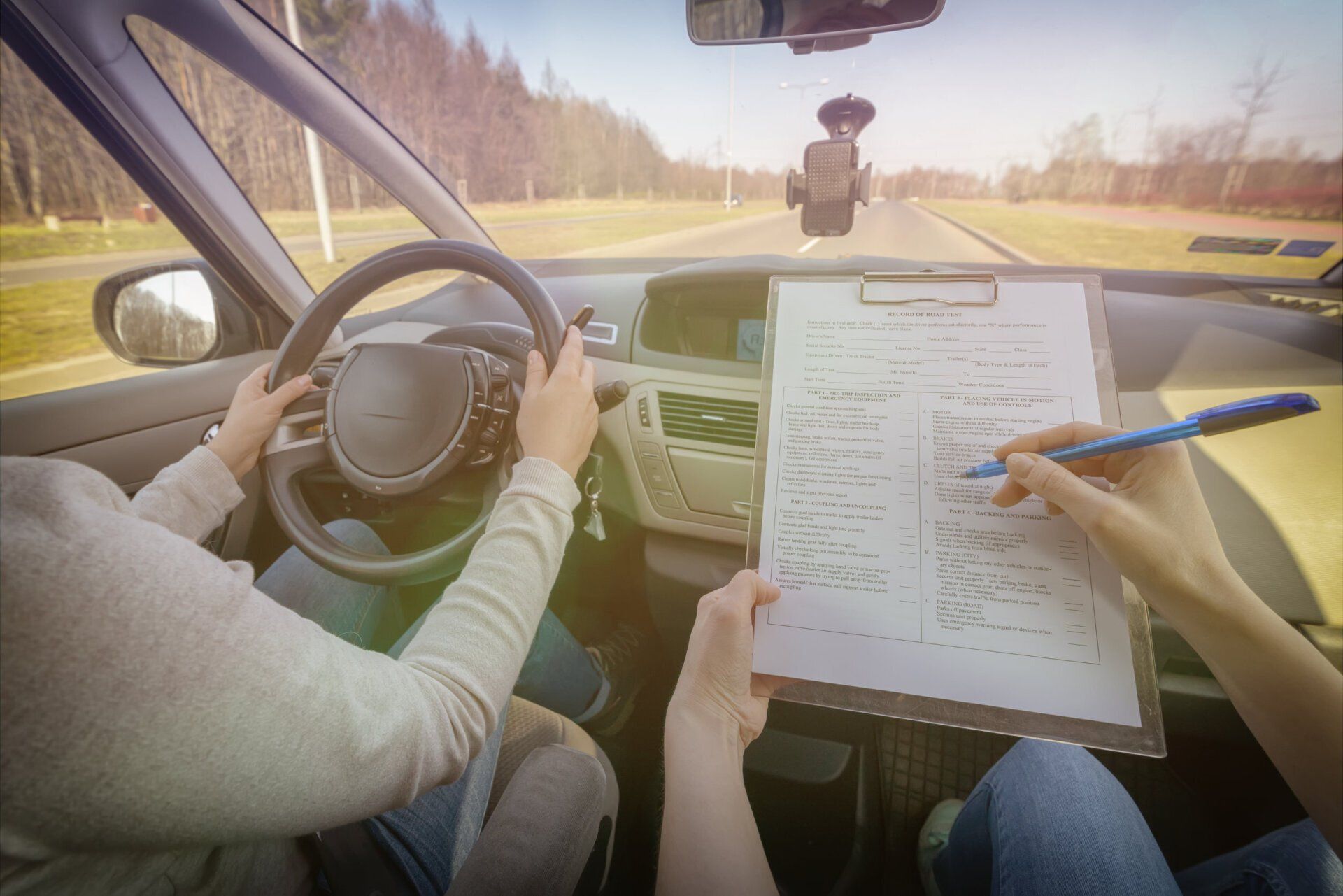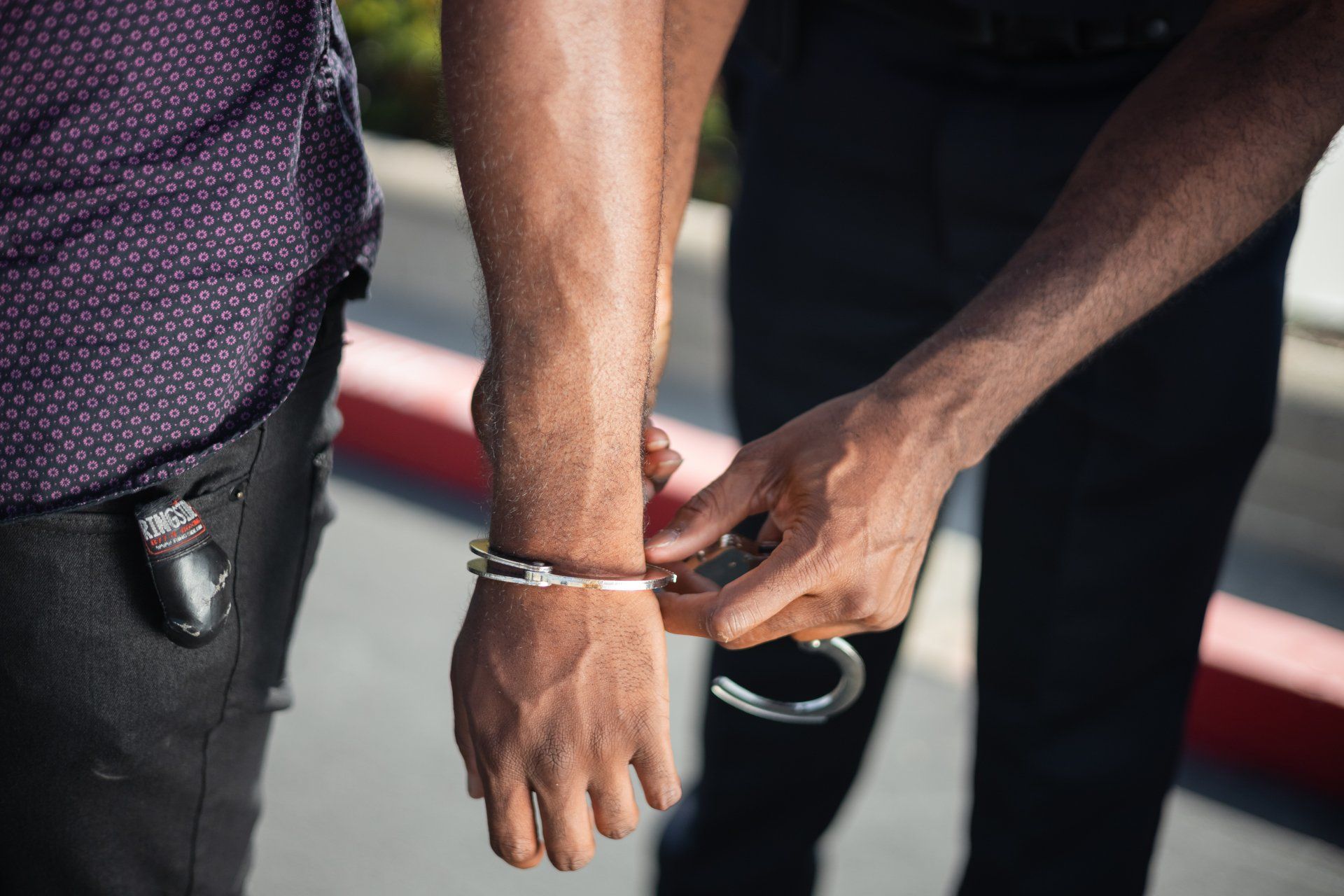What to Expect in Your Traffic Case: The Process Step by Step
WHAT TO EXPECT DURING YOUR TRAFFIC CASE

We appreciate you trusting your traffic case to the attorneys at Jardine Law Offices in Salt Lake City. We would like to try to answer some questions up front, and set some expectations. Please read this page carefully to gain a better understanding of the work we will be performing for you, and your role in the process.
OUR TRAFFIC GOALS
In our traffic cases our goals are always two-fold:
- Keep the conviction off of your record, and
- keep the points off of your license.
If we are successful in either one or both of these goals, the net result will be that your insurance rates should not change, and your driver’s license will not be affected. We say “should” because we cannot guarantee what every insurance company’s reaction will be to your being cited for a traffic violation. Generally speaking, however, insurance companies are not notified of citations, unless they become convictions.
WHAT IS A CONVICTION?
A conviction occurs in various ways. 1) you simply decide to pay the fine (which is sometimes listed as a standard bail); 2) if you plead guilty in court; and 3) if you are found to be guilty by a judge at a trial. Avoiding the conviction is most often realized through careful and experienced negotiations by your attorney.
WE WILL ATTEMPT TO NEGOTIATE YOUR CASE
Once we are retained as your attorneys we will be negotiating your case on your behalf. Don’t worry, we won’t accept any deals without your approval.
In order to be in a negotiating position, we will request the police reports in your case and carefully review them. These documents are often referred to as “Discovery”. Usually, it takes about 2 weeks to get the discovery from the prosecutors. Oftentimes, the prosecution will have a video, either body cam or dash cam. In traffic cases, we do not typically request that video, because of the cost in obtaining it and the time required to review the video. If you think the video will be helpful in our analysis of your case, basically if you disagree with the officer’s actions, we will request the video on your behalf (additional costs may be assessed).
WE WILL SET A PRETRIAL CONFERENCE WITH THE COURT
Jardine Law Offices will also contact the court on your behalf and set a pretrial hearing. On your citation it states that you have to contact the court in not less than 5 nor more than 14 days after you were cited. We will contact the court on your behalf. The date that the court gives us is often four to six weeks after we make our request. Your case will almost always be resolved at that hearing unless there are complications. You will need to plan on attending that hearing, so once you are notified of the date, please reserve the time necessary to attend court. If for any reason you cannot attend court, please call our office, and let us know what the conflict is.
KNOW YOUR RIGHTS
In order to be prepared for that hearing, it will be necessary for you to review your rights. We are including a generic “rights sheet” with this letter so that you can be prepared for court. As a side note, the rights sheet is written from the standpoint of informing you of your rights prior to you pleading guilty. You will need to know your rights, even if we ultimately decide to go to trial, so please carefully read that document.
RESOLVING YOUR CASE
At some point prior to actually speaking with the judge, you and I will have a conversation about the negotiated settlement we have procured on your behalf. Our conversation will likely be within 24 hours prior to the pretrial with the court—sometimes it will be 30 minutes prior to the hearing, or even during a pause in the hearing. The reason for this timing is dependent on the prosecutor. Some prosecutors are good at communicating before the pretrial conference, others are not. Historically, a pretrial conference is specifically designed for the attorneys to meet, negotiate, and inform the court as to any resolutions, or if a trial will be necessary. So, rest assured, you will know what the proposed resolution is as soon as we know. Please be patient, we don’t have any control over when a prosecutor responds to me, except that it must happen by the pretrial date.
Our negotiations on your behalf will result in one of the following outcomes:
- The prosecutor will agree to dismiss the case. This is the best outcome possible; it doesn’t get any better than this. However, it is fairly rare to have a case simply dismissed.
- The prosecutor will agree to a plea in abeyance. A plea in abeyance is essentially a delayed dismissal with extra conditions. This also a great result if we can achieve it for you.
- The prosecutor will agree to lower your charges. Sometimes this happens by lowering the speed you were going. Other times, we will get some charges dismissed in exchange for your pleading to other charges. Or sometimes we agree to plead to a non-moving violation, but you still pay a comparable fine. This negotiation is not ideal, but at least it lessens the consequences of a conviction.
- The prosecutor will insist you plead guilty as charged. This is the worst outcome. When faced with a “no deal” from the prosecutor, we almost always recommend we go to trial and let the judge decide. It literally can’t get any worse, so you have very little to lose going to trial.
PLEA IN ABEYANCE
Since we often achieve a plea in abeyance for our clients, let me briefly explain what it is. A plea in abeyance in a legal mechanism where you plead guilty, but your guilty plea is not initially recorded by the court. The court will impose probation conditions, that if met, will result in your case being dismissed. On the other hand, if you don’t follow the conditions of probation, your guilty plea would be entered as a conviction on the court record. Probation conditions often include payment of a fine, and the requirement to not break the law during the probationary period. That would include speeding tickets, and more serious violations.
When we speak with you regarding the negotiation, we will tell you the results, and you can decide if you are willing to accept the terms or not. If you don’t accept the terms, we can attempt to re-negotiate or we can set the case for trial. As you know, if we set the case for trial, you will need to make a payment to our office for the trial fee.
SETTING YOUR CASE FOR TRIAL
A trial on a traffic case usually takes about an hour to conduct. The court will give us a trial setting usually within 2 months of requesting our trial. Both sides will present evidence and the judge will then decide your guilty or innocence. We personally enjoy the opportunity to put the police officer on the stand and cross-examine them. My clients often enjoy watching me make the officer squirm, but it’s not for everyone. You will need to decide what is the best course in your case.
We hope this has helped you understand the process better. If you have any pictures, recordings, or witness statements that the police do not have, please preserve those and let the attorney know that they are available.
CONTACT US TODAY
Contact our experienced Salt Lake City Traffic attorneys today! We would love to put our expertise to your benefit! Remember, the person that decides to be their own attorney has a fool for a client!


Quick Links
Practice Areas
© 2022 All Rights Reserved | Jardine Law Offices P.C. | Powered by Convert IT Marketing | Privacy Policy
The information on this website is for general information purposes only. Nothing on this site should be taken as legal advice for any individual case or situation. This information is not intended to create, and receipt or viewing does not constitute, an attorney-client relationship.



